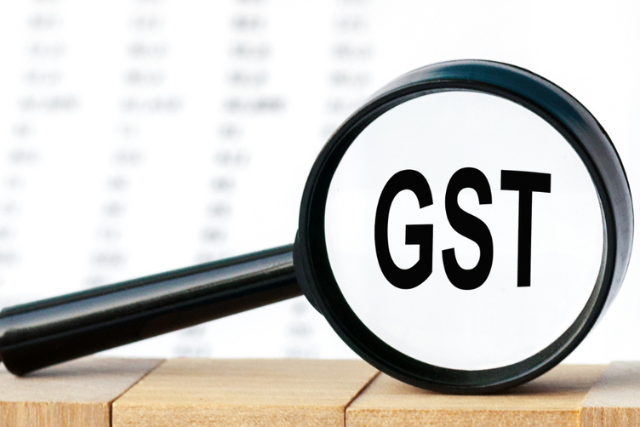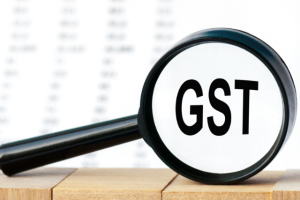Maintaining accurate financial records and implementing effective bookkeeping processes is...
Read MoreGuide for GST in Australia

This article aims to provide you with a fundamental understanding of Goods and Services Tax (GST) is Australia and your responsibilities as an Australian business owner.
What is GST?
Goods and services tax (GST) is a broad-based tax of 10% on most goods, services and other items sold or consumed in Australia.
Registering for GST
When to register for GST?
GST registration is based determined by your business’ GST turnover or projected GST turnover, calculates as your total business income less GST.
You must register for GST if:
- Your business’s GST turnover reaches $75,000
- Your non-for-profit organisation’s GST turnover reaches $150,000
- You provide taxi or limousine travel for passengers (including ride-sourcing) regardless of your GST turnover. This applies to both owner-drivers and if you lease or rent a taxi
- You start a new business and expect your turnover to reach the GST threshold in the first year of operation
- You can voluntarily register for GST
Penalties may apply for failing to register for GST when required.
How to register for GST?
You can register for GST through:
- Your BAS or tax agent
- ATO online services for business
- By phone through the ATO
GST obligations and reporting
GST obligations
Once registered for GST, you must:
- Charge GST to your clients
- Issue tax invoice to your clients, clearly displaying your ABN and total GST charged
- Record GST on your expenses when applicable
- Submit Business Activity Statement (BAS)
For more information about how to write a tax invoice, read our blog or download our free guides:
GST reporting – Business Activity Statement (BAS)
BAS is a report to the ATO detailing GST collected from your clients less GST you paid to your suppliers. The resulting balance represent either a payment due to the ATO or a refund owed to you.
It is important to remember that not all business expenses are subject to GST, so ensure that your books are accurate.
Reporting cycles vary baesd on your business turnover:
Monthly reporting
- For businesses with GST turnover of over $20 million
- Due date is the 21st of the following month, Example January BAS due date is 21st of February
- Extensions may apply if a BAS agent lodge your BAS.
Quarterly reporting
- For businesses with GST turnover of less than $20 million
- Due dates are:
- Quarter 1 (July, August and September) due date – 28 October
- Quarter 2 (October, November and December) due date – 28 February
- Quarter 3 (January, February and March) due date – 28 April
- Quarter 4 (April, May and June) due date – 28 July
- Extensions may apply if a BAS agent lodge your BAS.
Annual reporting
- If the business voluntarily registered for GST and advised the ATO on annual reporting when registering for GST
- Due date is 31 October.
Penalties applied is BAS is not lodged and paid on time.
GST top tips
Set up your tax invoice correctly
Keep all records
Calculate and set aside funds for BAS regularly
Consider hiring a BAS agent for guidance and support
Related articles
GST basics for Australian businesses
This article aims to provide you with a fundamental understanding...
Read More


